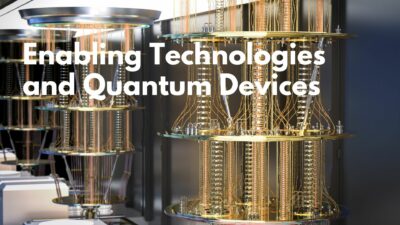NIST Develops Advanced Probe System for Testing Next-Generation Supercomputing Components
The National Institute of Standards and Technology (NIST) has created a novel automated probe system to evaluate the performance of computer components designed for supercomputers that are 100 times faster than today’s best systems and consume 1/1000th the energy. This system is crucial for testing components in the Cryogenic Computing Complexity (C3) program, supported by the Intelligence Advanced Research Projects Activity (IARPA), which aims to develop low-power superconducting supercomputers operating at liquid-helium temperatures using Josephson junctions.
Key technical points:
– The probe system allows precise positioning of the probe tip using optical feedback at 4 K temperatures
– Specialized circuits amplify signals only centimeters away from the chip to overcome signal attenuation
– Magnetic measurements reveal current flow patterns and vortex locations in superconducting materials
– The system is fully automated and capable of testing large arrays of Josephson junctions
Impact and Implementation:
– The probe system will help verify device performance as claimed by manufacturers
– NIST’s role contributes to broader measurement capabilities needed for future high-performance computing
– The NSCI names NIST as a foundational research and development agency to support future computing technologies
The development of this advanced probe system is a major step forward in enabling the testing and evaluation of components for next-generation supercomputing technologies, which have the potential to revolutionize fields such as biomedical research, advanced materials development, and high-accuracy weather forecasting.
Source: https://www.nist.gov/news-events/news/2017/04/supercomputing-probing-future
Keywords: Superconducting, Josephson, Cryogenic, Picosecond, Femtosecond


